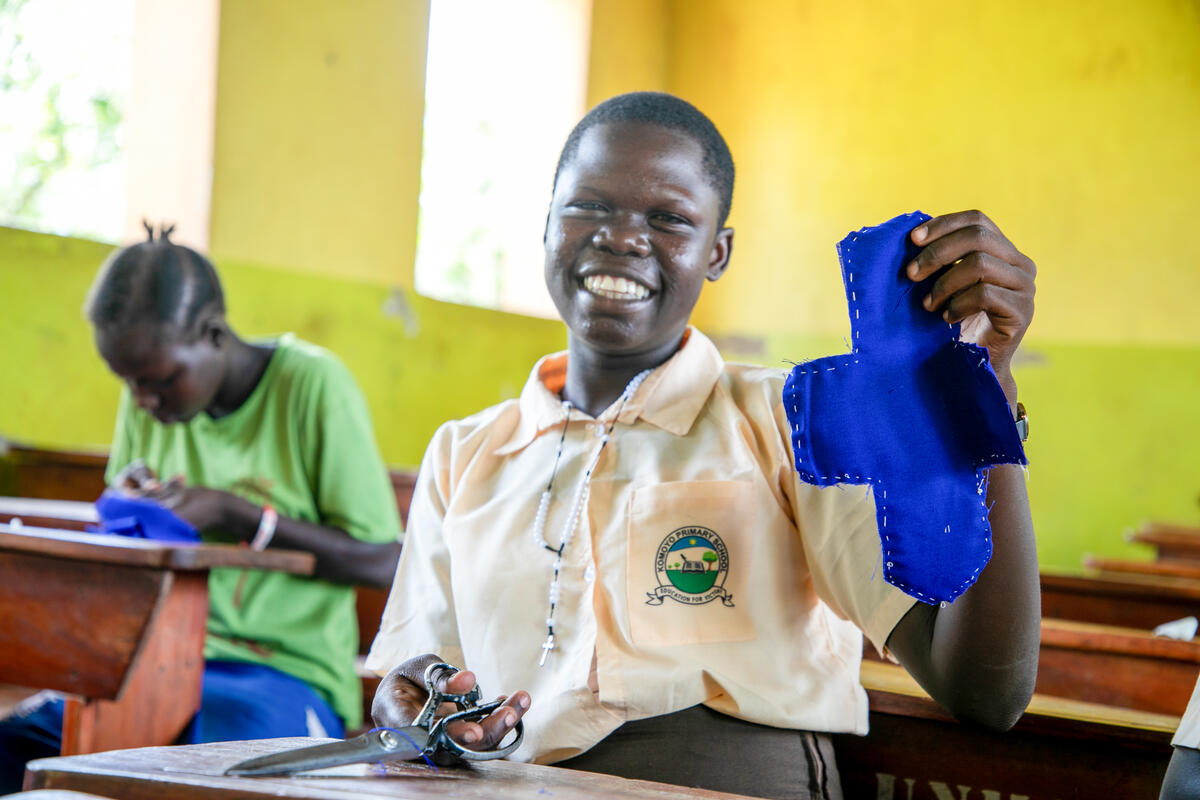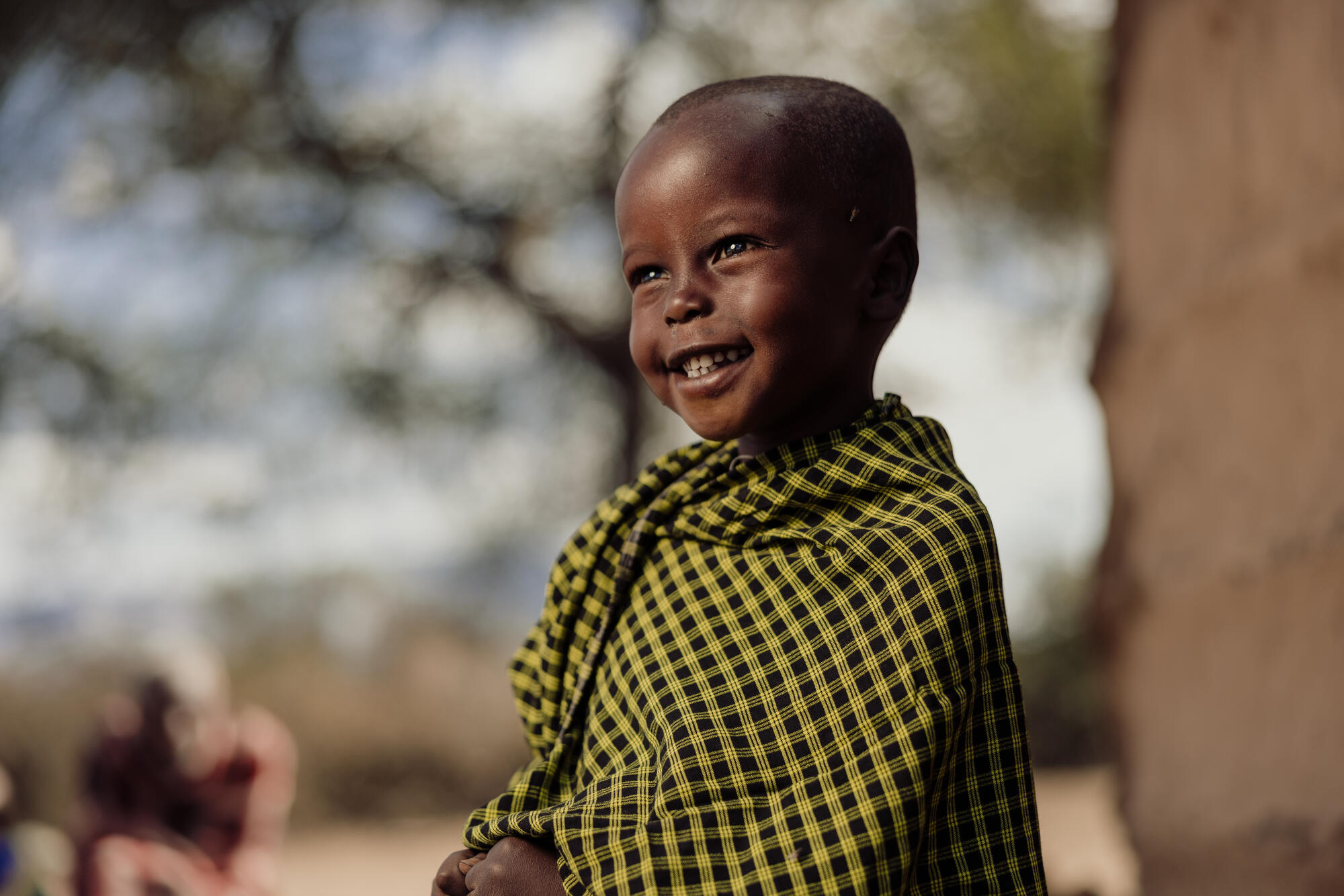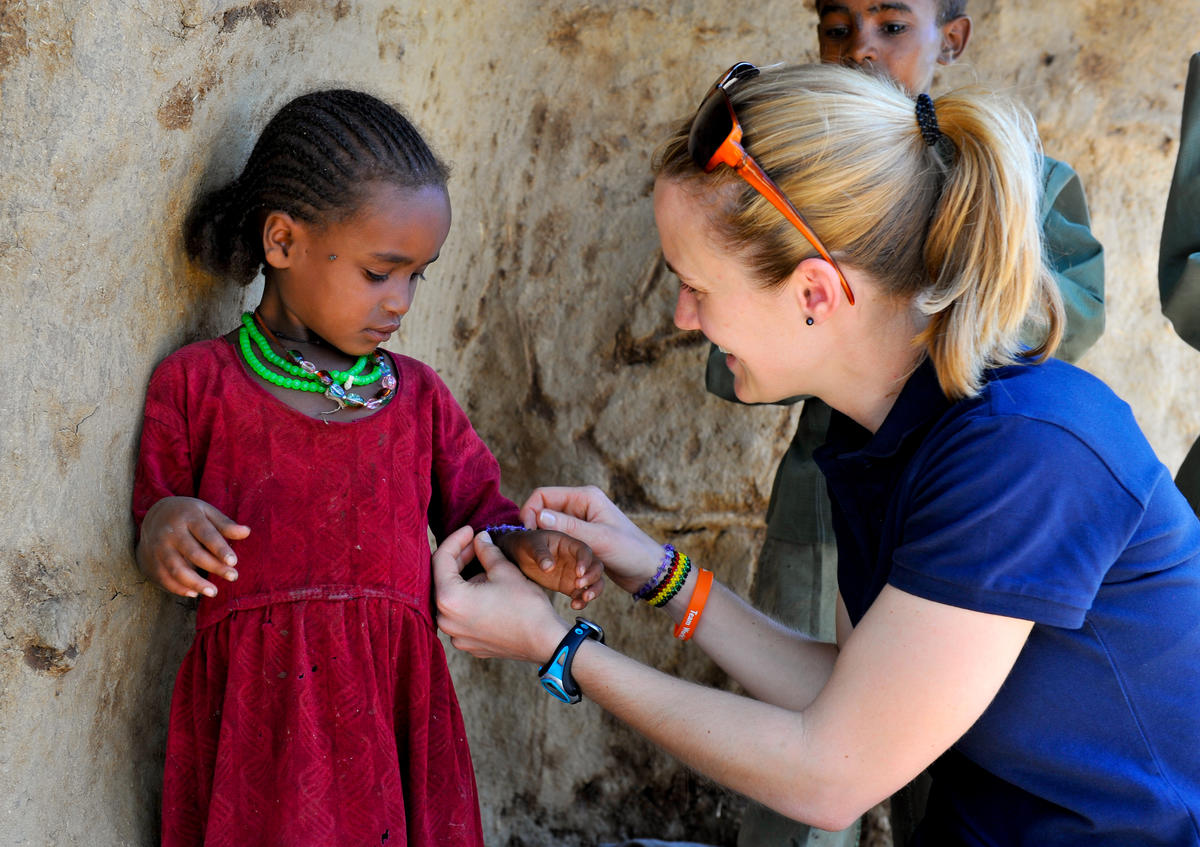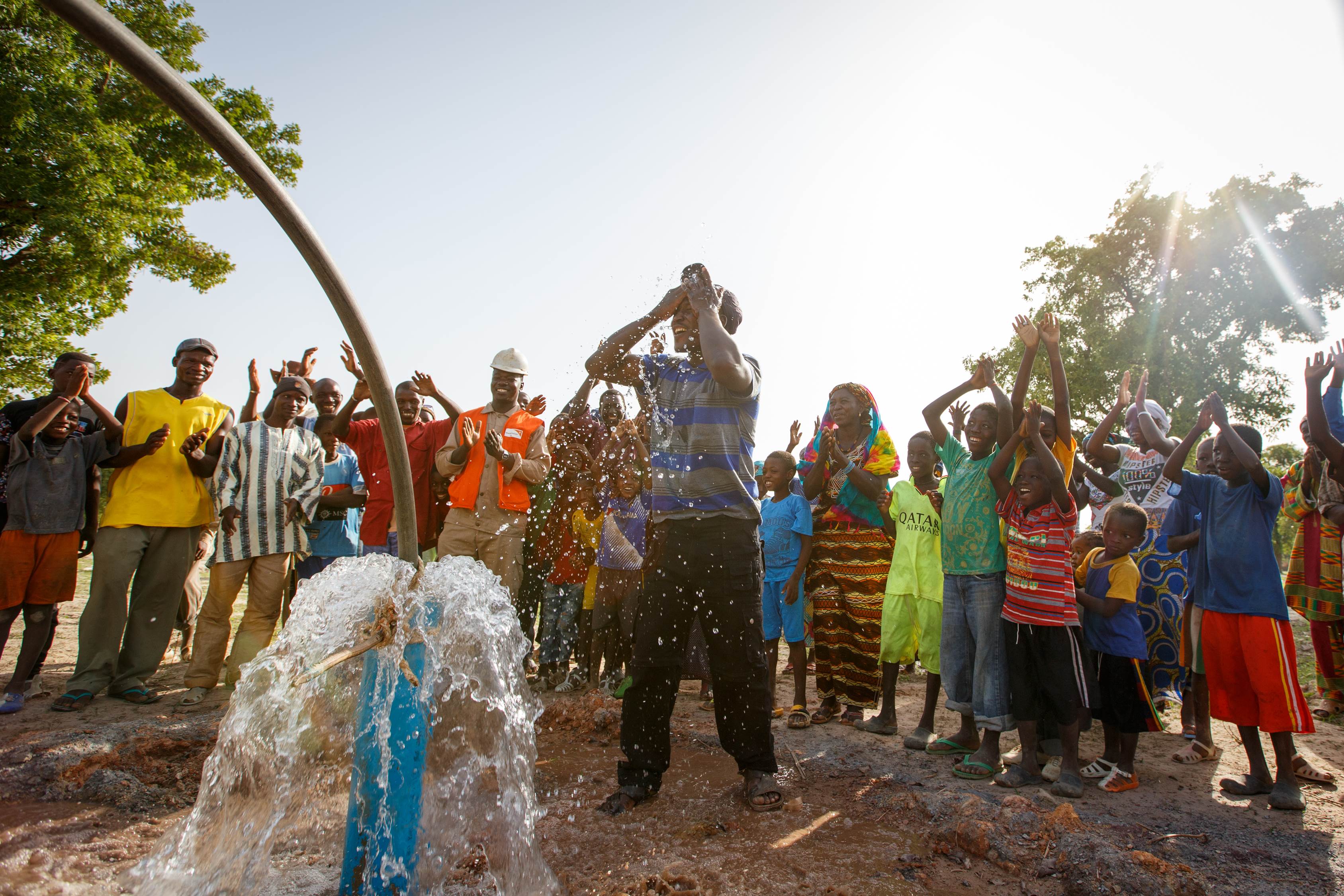The global state of period poverty
Every day, 300 million people around the world are menstruating. In fact, every person born female spends an average of seven years of their life menstruating.
For those living in poverty, that time of the month can be unbearable, debilitating and dangerous. And it isn’t just embarrassing or humiliating, it can cause health problems such as infections, as well as mental health stresses like anxiety. Not having access to medical help and advice can cause undiagnosed menstrual problems to worsen.
Who is affected by period poverty?
Worldwide, 1.2 billion women lack access to basic sanitation, including toilets, water taps, and sanitary items needed to manage their period easily and without worry. Even in the UK, over a quarter of women struggle with period poverty, a number that we consider to be far too high.
Statistics in the UK
Back in 2021, the British Government abolished VAT on period products, also known as the “tampon tax”. This decision was based on the agreement that menstrual products will no longer be classed as a luxury, non-essential item.
According to YouGov, 55% of women in the UK believe removing the tampon tax hasn’t been effective in alleviating period poverty. Since then, Scotland has become the first country in the world to make period products free to “anyone who needs them”. The Period Products Act, established in 2022, ensures free products can be accessed through councils and education providers.
Period poverty in low-income countries
Around half of the schools in low-income countries lack the adequate facilities girls and female teachers need to manage menstruation. This includes access to adequate sanitation facilities, menstrual hygiene products and the opportunities to learn about managing their menstrual cycle.
- In India, a quarter of the girls don’t attend school during menstruation due to the lack of adequate toilets.
- In South Sudan, 57% of adolescent girls reported staying home during menstruation because of the schools’ lack of private changing rooms.
- In Kenya, 70% of menstruating girls reported that their period negatively impacts their school grades.
- In Bangladesh, only 32% of girls knew about menstruation before their first period.
How World Vision helps girls like Suzan
World Vision is working in nearly 100 countries, ensuring that no girl has to live in period poverty. From improving menstrual hygiene and education to better access to sanitation facilities, we’re supporting young girls to overcome the barriers she faces.







